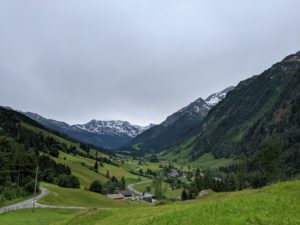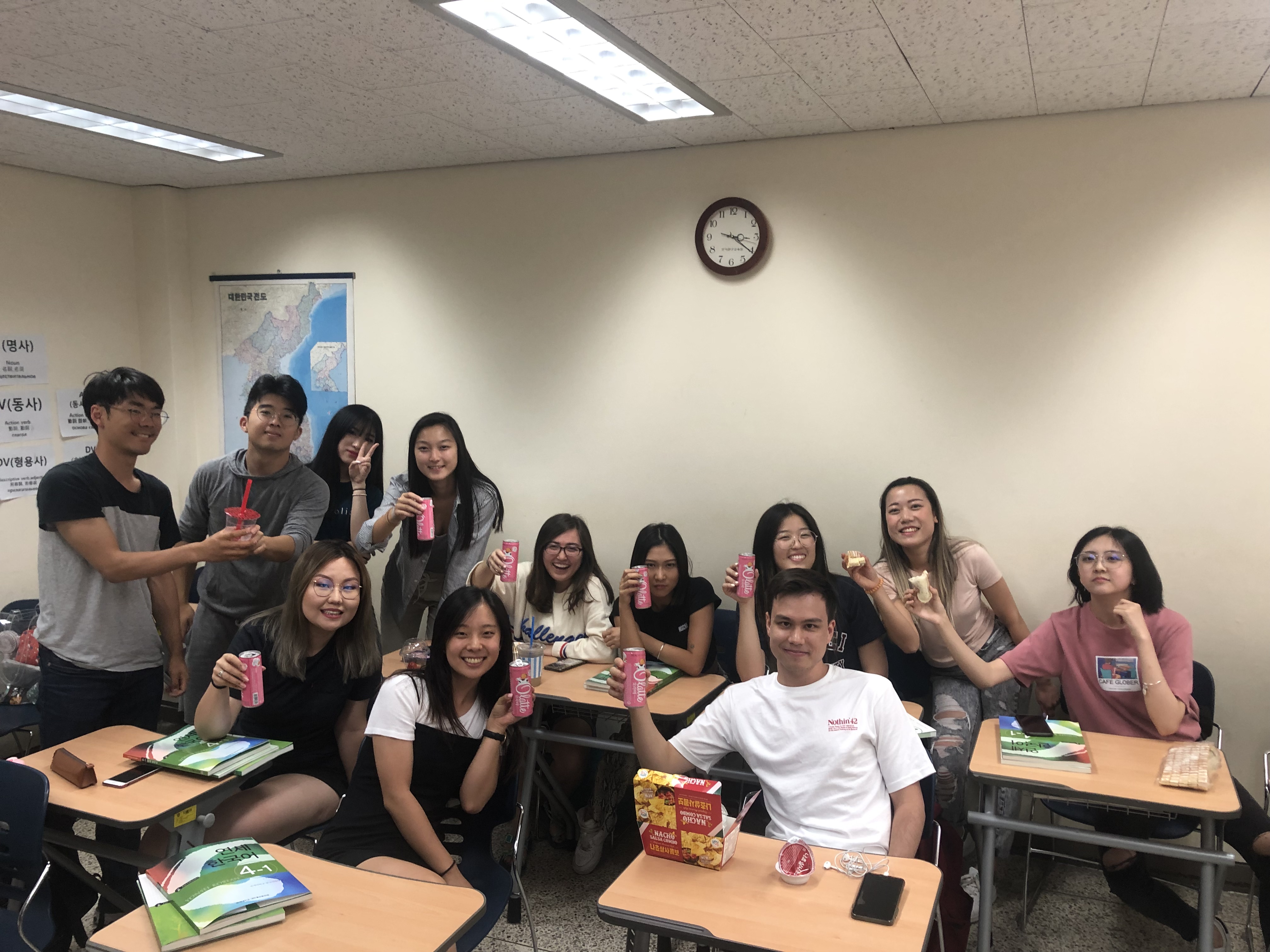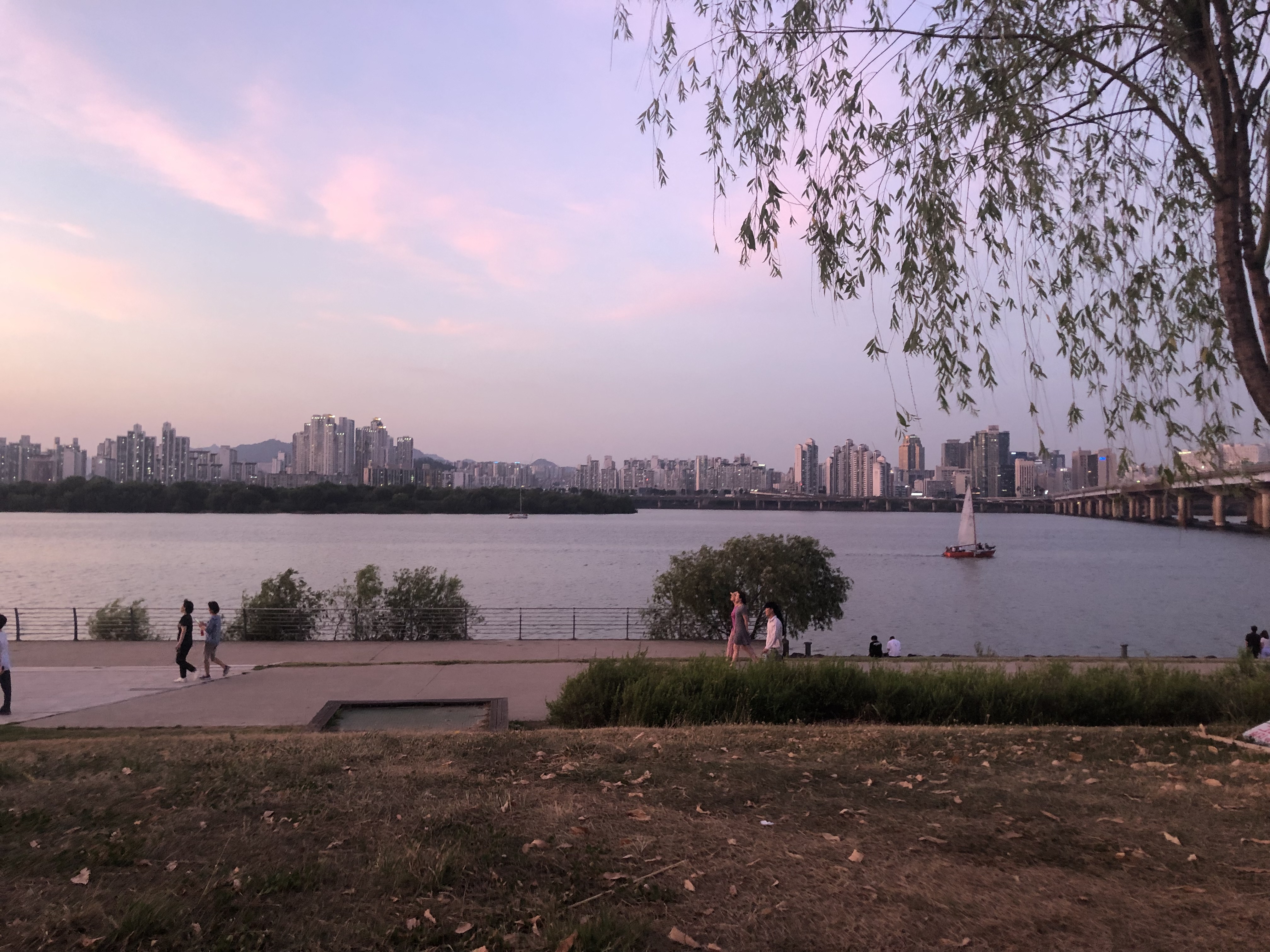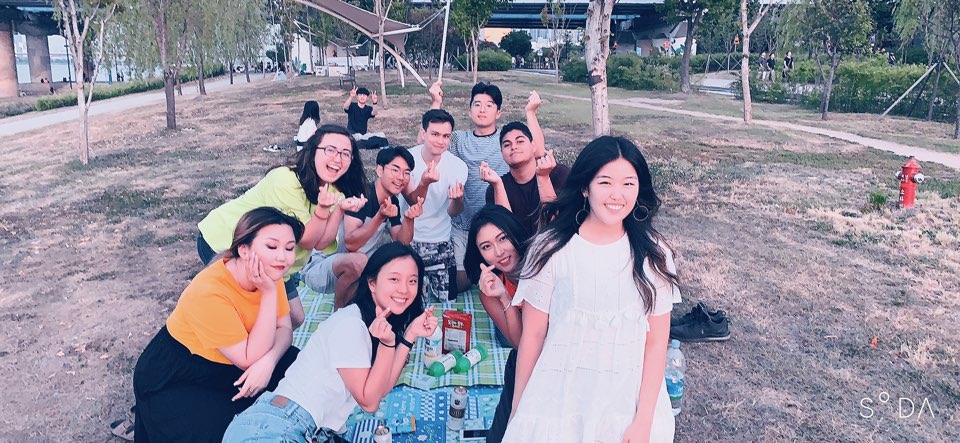In my last post, I mentioned my trip to Rauris, Austria, with my host family. Again, I had an absolutely wonderful time, and I am extremely grateful to my hosts for bringing me along. We did a couple of really neat things while we were there which I’d like to say more about now.
When we first arrived, we took a walk around the village, allowing me to get a feel for the area. The first thing that I found most striking was—naturally—the scenery. The small village is set smack in the middle of the Alps with mountains of various heights in every direction one looks. Lots of beautiful greens, greys, whites, and blues. Absolutely gorgeous. It is quite easily the most beautiful place that I have ever visited, and, thankfully, my host family said that I will always be welcome back whenever I find myself in the area. Needless to say, I will be trying very hard from now on to find myself in the area again.
After dinner that night, we had drinks and shot the breeze with some neighbors. That was quite an experience for a couple of reasons. The first was that, especially in this area of Austria, people speak a strongly accented dialect of German. The dialect is very throaty, so, for example, while someone speaking high German would ordinarily pronounce the “ch” in the German word “machen” the same way one begins the English word “huge,” someone from this area would sound as if they were seriously clearing their throat. It’s rather impressive and very interesting to me, but at first that and other dialectical differences presented a bit of a problem for my understanding them. I soon adjusted and was able to have a lovely conversation with the neighbors.
The second reason is that, taking a look around their backyard which was full of fruit trees and plants, I realized just how many people in Germany and Austria grow or make their own produce or foods. This family had lots of plants that produced fruits and vegetables, and one of the favorite things of theirs (and apparently the rest of Rauris) to make is schnapps (“Schnaps” in German). The process is relatively simple. These neighbors explained to me that one simply takes pinecones, fruits, or other plant-based things for flavoring, collects them in a jar, pours some hard alcohol over them, and then waits a couple of weeks for the concoction to ripen. And I must say, they are quite tasty. One of the neighbors handed me a small sip of his homemade schnapps, saying, “Das ist Medizin!”: “Now, this is medicine!” His meaning was double since a couple sips can be a sort of medicine for the mind but also since it is may also be used as a home remedy for headaches, stomach aches, or even fever. I cannot confirm the latter, but their schnapps were pretty tasty, and it was neat to experience this traditional beverage of the area.
Of course, Germans and Austrians grow more than schnapps materials at home. My host family grows their own fruits and makes their own jellies and jams. Many people grow their own vegetables with which they cook. In Rauris, many people own farms and raise their own cattle or livestock for meat. This was just another example of the efficient self-sufficiency of many German people.
I certainly have had more than just this one fascinating experience since my time in Germany, and I am sincerely grateful to everyone who has made my trip possible. Today is my last day in Germany, and, while I do look forward to seeing my family and friends again, I am sad to leave such a wonderful place. My German has improved significantly along with my notion of language as a whole, my view of an incredible nation, and my ability to adapt to new surroundings. Thank you all for reading my blog posts!

Prost!


 that…
that…



 After a long journey, I made it to Gleann Cholm Cille, Co. Dún na nGall. It is said here that the town is so remote, the next closest parish is Boston. And as you can see, there are more sheep than people by a wide margin. I have just started classes, and I would like to share a bit of etymology with you, dear reader. First, the name of the town. It is an Irish name comprised of three different words. Gleann is, you guessed it, a glen. Cholm Cille, however is a bit more unusual. Colmcille was a 6th century saint associated with Scotland and Ireland. He is often referred to now as St. Columba. But his name, Colmcille, is comprised of two Irish words. Colm means dove and Cille means church. So, I am staying in the glen of the dove of the church. There you go. Secondly, Donegal or Dún na nGall means the fort of the stranger. In Irish, Gael means native and Gall means foreigner. Dún, you will have guessed, means fort. Sin é (that’s it) for now.
After a long journey, I made it to Gleann Cholm Cille, Co. Dún na nGall. It is said here that the town is so remote, the next closest parish is Boston. And as you can see, there are more sheep than people by a wide margin. I have just started classes, and I would like to share a bit of etymology with you, dear reader. First, the name of the town. It is an Irish name comprised of three different words. Gleann is, you guessed it, a glen. Cholm Cille, however is a bit more unusual. Colmcille was a 6th century saint associated with Scotland and Ireland. He is often referred to now as St. Columba. But his name, Colmcille, is comprised of two Irish words. Colm means dove and Cille means church. So, I am staying in the glen of the dove of the church. There you go. Secondly, Donegal or Dún na nGall means the fort of the stranger. In Irish, Gael means native and Gall means foreigner. Dún, you will have guessed, means fort. Sin é (that’s it) for now.